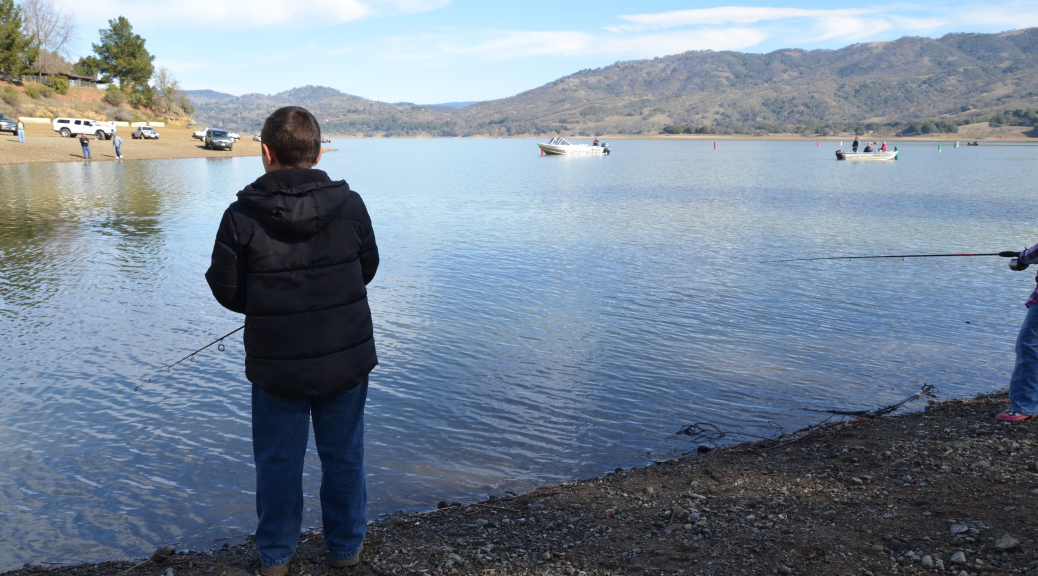Fish Report for 9-1-2017
Determining creek and river boundaries during closed seasons
by Carrie Wilson
9-1-2017
Website
Question: When a stream, river or creek is closed year-round or has a closed season, how do you determine the boundary between the closed creek, stream or river, and the river it flows into? Water flows can change on a daily basis depending on dam releases, rain, snowmelt etc. I see the regulation for flows from rivers/creeks into lakes (CCR Title 14, section 1.44). I heard from one person that the California Department of Fish and Wildlife (CDFW) told them the boundary was 100 yards, but then another person said the boundary extends 300 yards into the creek or stream. For example, the area where Cottonwood Creek or Battle Creek flows into the Sacramento River in Northern California. (Bryan R.)
Answer: Generally, for areas where a creek flows into a river, the term “mouth” or “confluence” is used to describe the boundary or divide between the two bodies of water. For your example, if a person was floating downstream in Battle Creek, once they passed the location where the channel of Battle Creek ends (which is the mouth or confluence), they would be in the Sacramento River. (For a description of the boundary or divide between an area or body of water, go to CCR Title 14, sections 7.00 and 7.50).
The Fish and Game Commission defines “stream” (which includes rivers) for the purpose of hunting and fishing as, “…a body of water that flows at least periodically or intermittently through a bed or channel having banks and supports fish or other aquatic life. This includes watercourses having a surface or subsurface flow that supports or has supported riparian vegetation” (CCR Title 14, section 1.72).
Carrie Wilson is a marine environmental scientist with the California Department of Fish and Wildlife. While she cannot personally answer everyone’s questions, she will select a few to answer each week in this column. Please contact her at CalOutdoors@wildlife.ca.gov.

Website Hosting and Design provided by TECK.net

